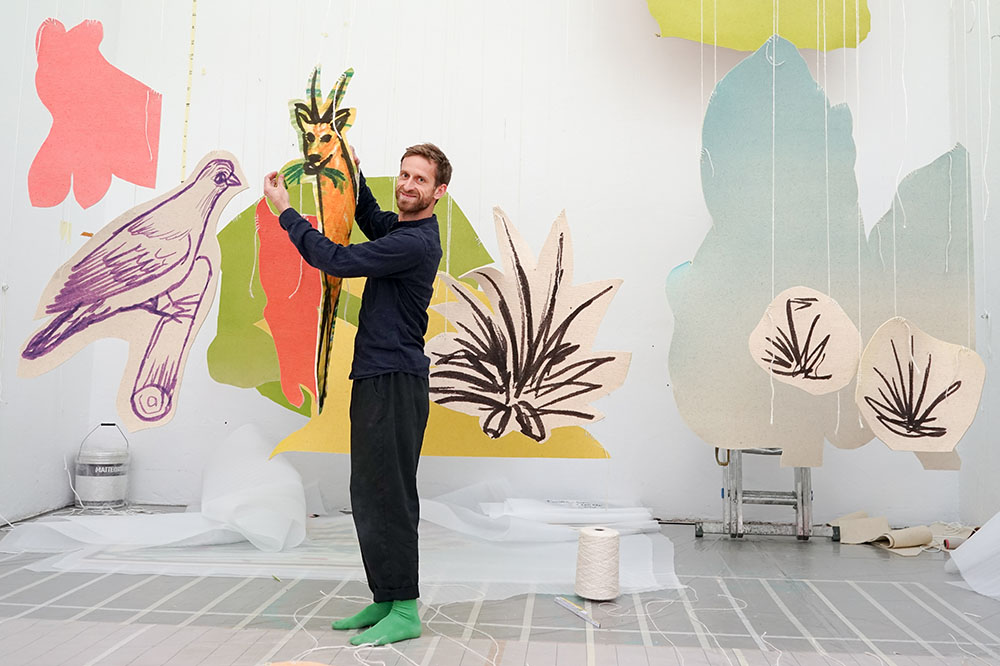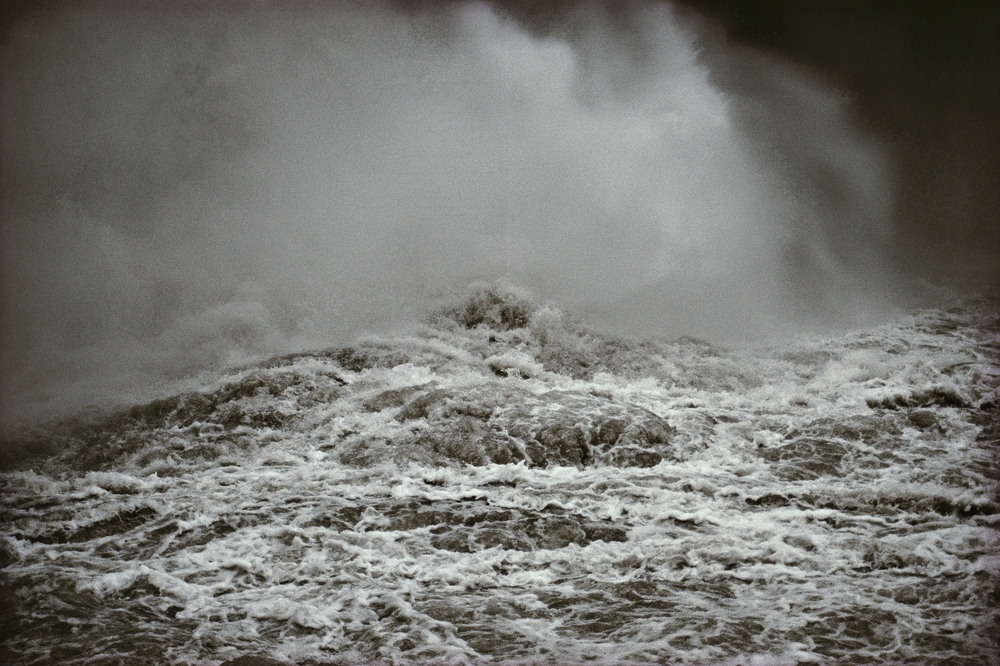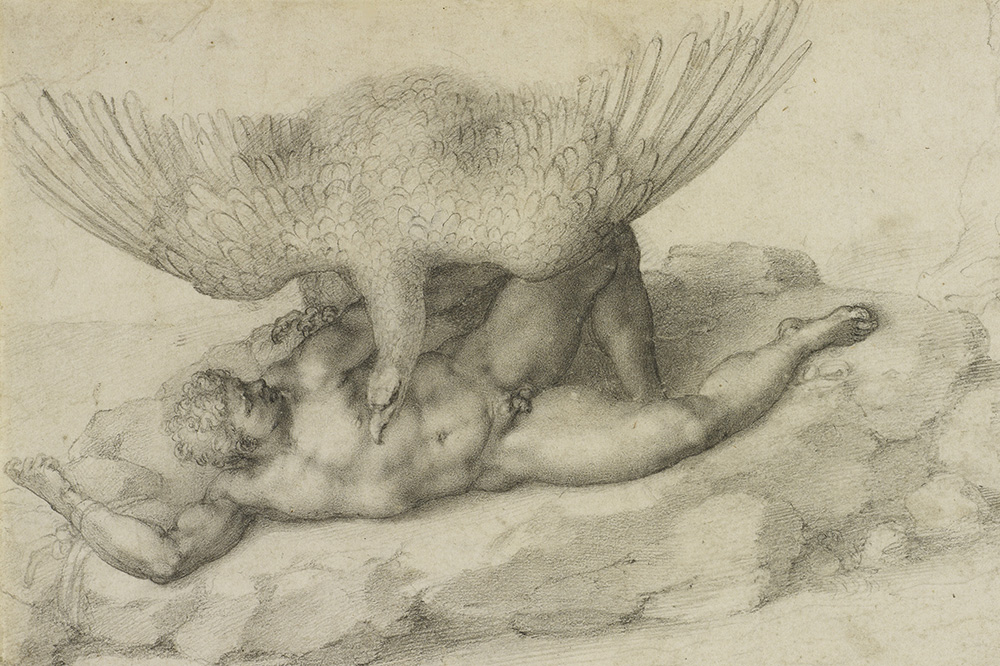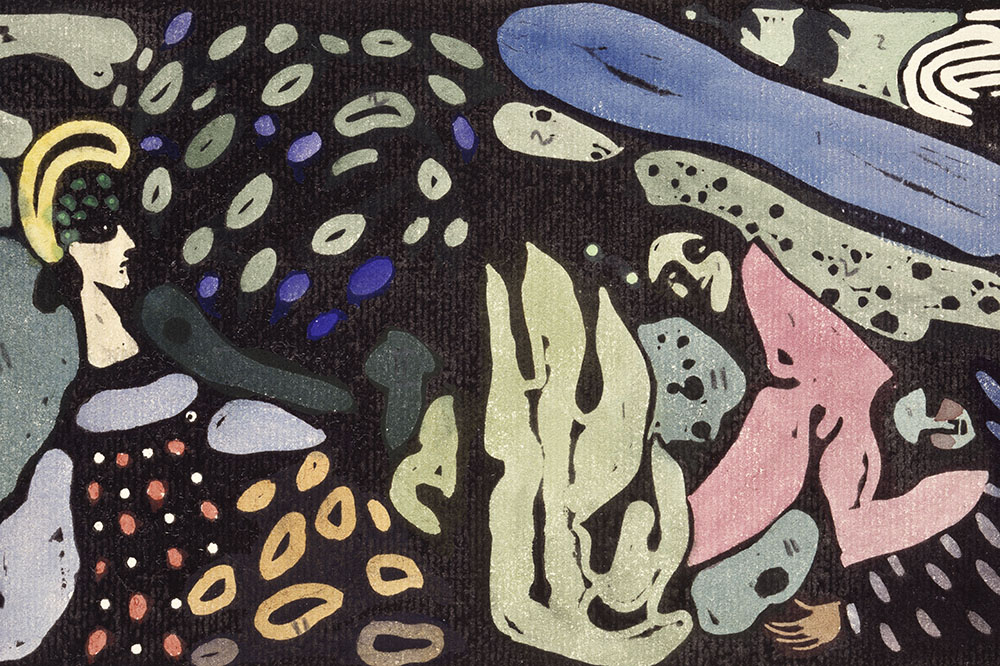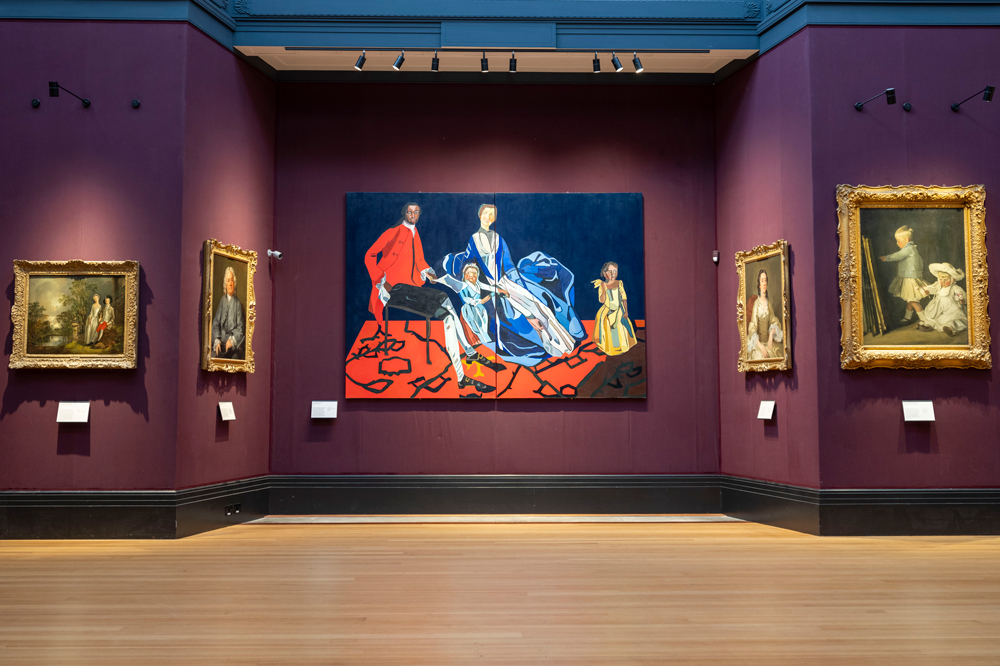In a decision published on 13 May, the Ministry of Housing, Communities and Local Government has approved the proposal to turn the site of the Whitechapel Bell Foundry into a boutique hotel. Until the foundry’s owners sold the site in 2017, the factory was the oldest continuously operational bell foundry in the UK; both Big Ben and the Liberty Bell were made there in the 19th century. The scheme was called in by the Secretary of State, Robert Jenrick, in January 2020. A rival proposal by the Factum Foundation and the conservation group Re-Form Heritage to acquire the site and resume bell manufacturing was described as unviable in the final decision. The full report can be read here.
On Thursday, the National Gallery of Art in Washington, D.C. announced the appointment of E. Carmen Ramos as its chief curatorial and conservation officer. Ramos, who will be the first woman and first person of colour in that role, is currently acting chief curator and curator of Latinx art at the Smithsonian American Art Museum. She will take up her post in August. Also this week, the museum launched its new brand identity and a new mission statement: ‘The National Gallery of Art serves the nation by welcoming all people to explore and experience art, creativity, and our shared humanity.’
The Cerne Abbas Giant may be several centuries older than anyone thought. Analysis conducted by the National Trust suggests that the giant figure carved into a hill in Dorset could be as old as late Saxon, possibly 10th century. Martin Papworth, senior archaeologist at the Trust, told the Guardian he was ‘flabbergasted… He’s not prehistoric, he’s not Roman, he’s sort of Saxon, into the medieval period. I was expecting 17th century.’ Whatever his age, the reason for the existence of the 55m-high man is still a complete mystery.
Black Obsidian Sound System, one of the five artist collectives shortlisted for the Turner Prize this year, has written an open letter criticising the Tate for what it describes as ‘inconsistencies’. In its view, these include inadequate commissioning budgets and fees for artists and the recent redundancies at the museum. The letter also points to ‘the extractive and exploitative practices in prize culture, and more widely across the industry’. In a statement sent to Artnews, the Tate said ‘Artists must be free to express themselves and share their views however they wish.’
Unlimited access from just $16 every 3 months
Subscribe to get unlimited and exclusive access to the top art stories, interviews and exhibition reviews.

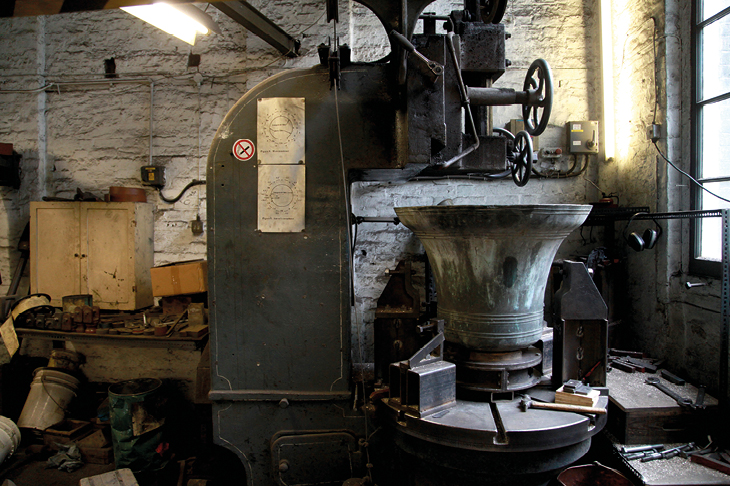
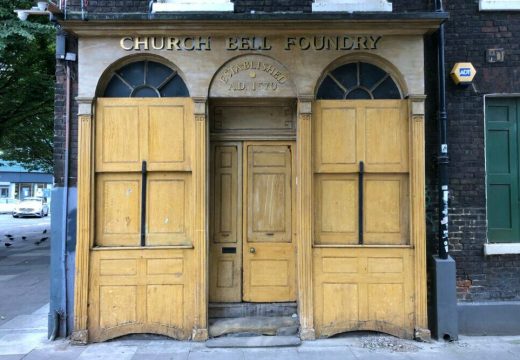
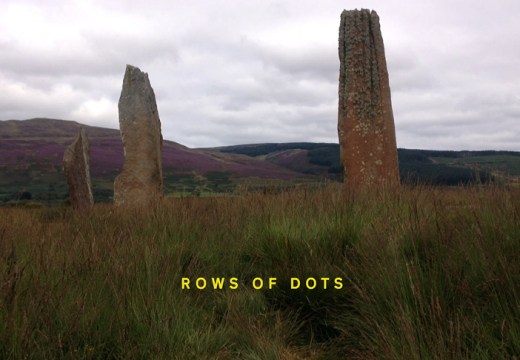
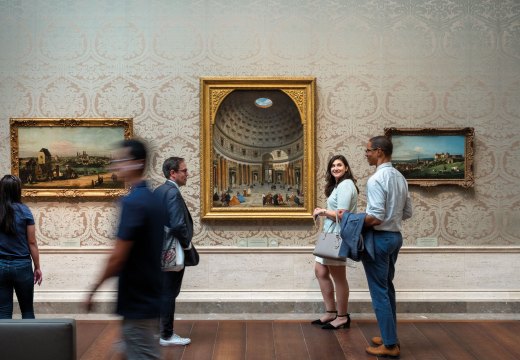
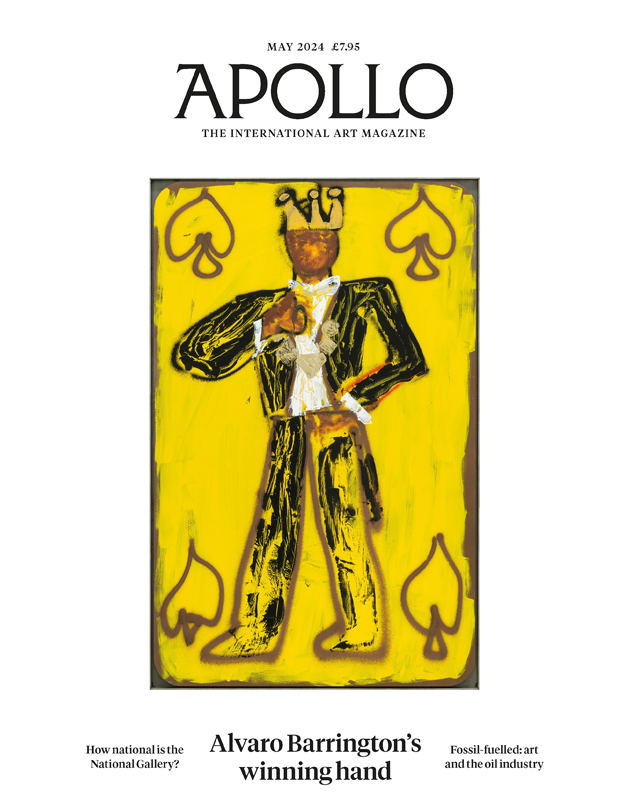
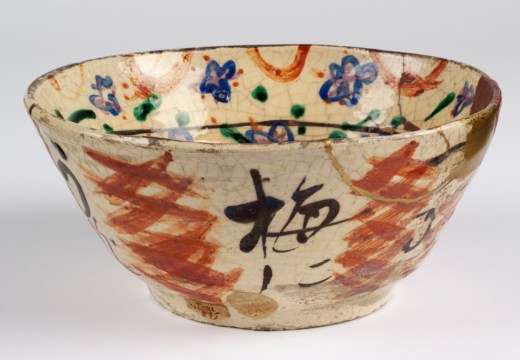






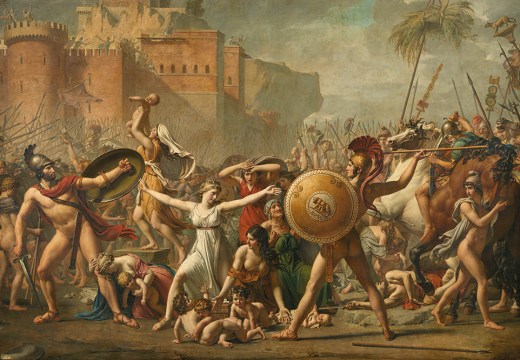
![Masterpiece [Re]discovery 2022. Photo: Ben Fisher Photography, courtesy of Masterpiece London](http://www.apollo-magazine.com/wp-content/uploads/2022/07/MPL2022_4263.jpg)
